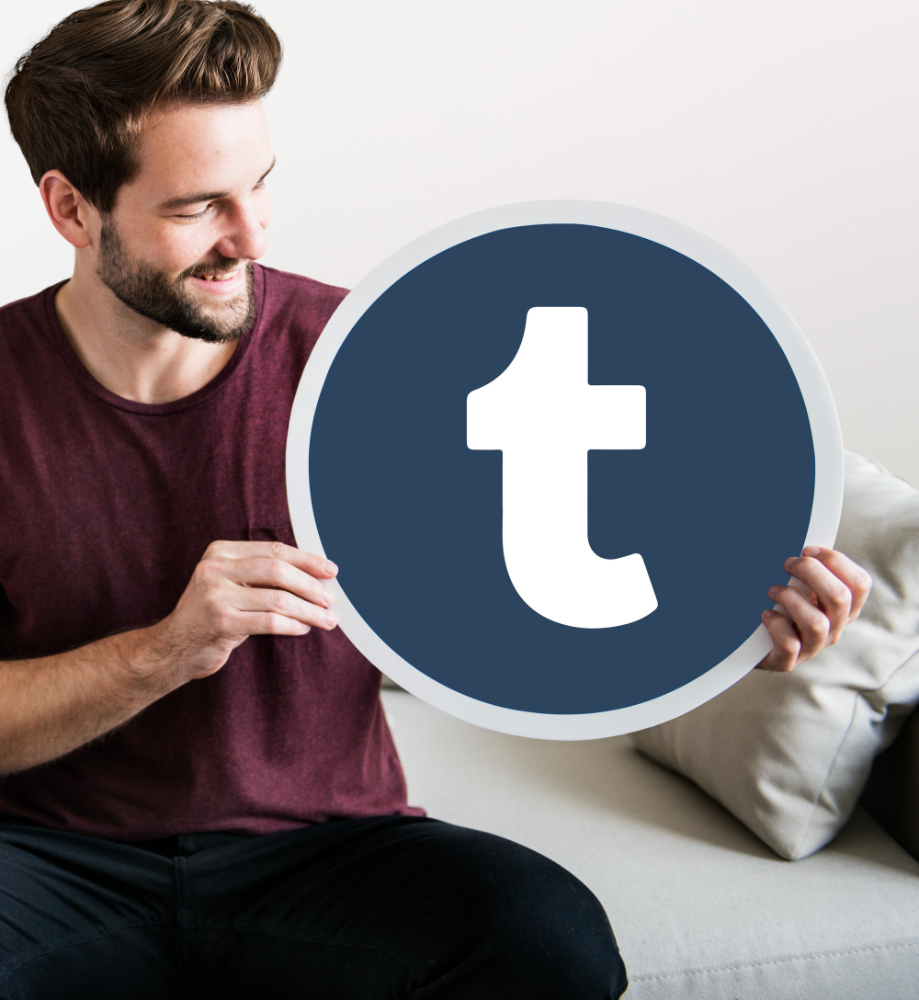When someone types “Lilly Gaddis LinkedIn” into a search bar, they’re often looking to learn more about her professional identity, career trajectory, or background. But Lilly Gaddis is not just a name on LinkedIn. She is (or has been) a media personality, a social media influencer, and a controversial public figure. In this post, we’ll explore her LinkedIn presence, what we can infer from it, how it ties into her broader public persona, and the lessons (good and bad) others might draw from her public visibility.
What We Know: The LinkedIn Footprint
A search for “Lilly Gaddis LinkedIn” yields a few relevant results:
- There is a LinkedIn profile for Lilly Gaddis – Show Host associated with Censored.TV. LinkedIn
- There is also a LinkedIn directory listing for people named “Lilly Gaddis.” LinkedIn
From the LinkedIn profile listed:
- She is described as a Show Host at Censored.TV. LinkedIn
- Her location is linked to Wilmington (likely Wilmington, North Carolina). LinkedIn
Beyond that, much of what used to be on her LinkedIn profile has reportedly been removed. In news coverage, it is noted:
“A since-deleted LinkedIn page listed her as a graphic designer … who most recently worked at Rophe of the Carolinas, a home health-care company, before her profile was removed or taken down by the employer after her viral controversy.” The Daily Beast
Thus, while some traces remain, her full professional history on LinkedIn is no longer fully visible to the public.
The Broader Public Persona of Lilly Gaddis
To understand why her LinkedIn profile (and professional identity) matters, it helps to see how Lilly Gaddis has become known in social media and public discourse.
Controversy & Public Backlash
Lilly Gaddis gained considerable attention (in part notoriety) after she was recorded in a TikTok video using a racial slur (the n-word) and making provocative remarks. The Daily Beast+1
That video caused her employer at the time, Rophe of the Carolinas, to fire her. The Daily Beast+1 Her public statements following the incident further amplified the controversy, as she doubled down on inflammatory rhetoric. The Daily Beast
Because of this, her public image is not merely that of someone building a traditional career, but rather that of a polarizing social media influencer, culture commentator, and provocateur.
Influencer, “Trad-Wife” Identity & Media Work
Lilly has described herself in some media coverage as a “trad-wife” (short for traditional wife) influencer, promoting traditional gender roles, domesticity, family, etc. The Daily Beast+1
She also appears in media interviews and on commentary shows. For example, she participated in a discussion on immigration and protests with Destiny on a show by Al Arabiya English. YouTube
Her media presence suggests she is positioning herself as a cultural commentator or provocateur, rather than solely a conventional professional in corporate or design fields.
What Her LinkedIn (or Former LinkedIn) Suggests
Even though much of her LinkedIn footprint has been scrubbed or removed, what remains or what is known provides useful insights and cautionary tales.
Dual Professional Identity
From reports, it appears her earlier LinkedIn presence listed roles like graphic designer (before the removal) and connected her to a home health care company, Rophe of the Carolinas. The Daily Beast+1 Thus she likely had a “day job” or professional design credentials beneath the social media profile.
At a certain point, her LinkedIn pivoted to highlight her as a Show Host at Censored.TV—which aligns more directly with her public media persona. This shift suggests that she may have attempted to rebrand her professional identity to match her influencer side.
Risks of Linking Public Conduct to Professional Profile
Her case is a clear example of how public behavior, especially inflammatory or controversial conduct online, can influence or even upend a professional presence. Some key takeaways:
- Employers may sever ties. Her former employer reportedly fired her following the video controversy. The Daily Beast+1
- Profiles can be deleted or taken down under pressure. Reports mention her LinkedIn page being “since-deleted.” The Daily Beast
- Public image matters intensely. In an era where employers, clients, and colleagues often scour social media, controversies can overshadow prior credentials.
Ambiguities & the Limits of Public Data
Because much was removed or hidden, we don’t have full visibility into:
- Her complete educational background
- A detailed timeline of roles, projects, or clients
- Whether she maintained parallel careers (e.g. design + media)
- Her motivations for deleting or softening her LinkedIn presence
In other words, we must be cautious about overinterpreting gaps or silences.
Lessons & Reflections for Professionals and Influencers
The story of “Lilly Gaddis LinkedIn” is not just about one person’s profile—it holds broader lessons for those managing their professional and personal brands online.
1. Consistency Between Public Persona and Professional Brand
If you cultivate a strong persona online—especially in controversial or political realms—you need to anticipate that it may become part of how people judge your professional capabilities.
If your public views or statements seem at odds with your professional roles, clients or employers might respond negatively.
2. Know That Digital Footprints Are Persistent
Even if you delete or “hide” content, screenshots, archives, or news coverage may preserve controversial statements. Deleting a LinkedIn or cleaning up a profile may be too late if reputation damage has spread.
3. Be Prepared for Accountability
When public statements cause backlash, professional consequences can follow—job loss, project cancellations, reputational harm. Lilly Gaddis’s case is a prominent example. The Daily Beast+2New York Post+2
4. Reinventing Your Public Face Has Risks and Costs
If you shift your public identity (for example, from designer to commentator), the transition should be managed carefully. Stakeholders who knew you one way may question authenticity or motives.
5. Transparency vs. Selective Disclosure
If you want to suppress certain parts of your history, people may interpret omissions harshly. On the other hand, overexposing controversial stances can also lead to backlash. The balance is tough, especially when you’re in a public-facing role.
Possible Structure for a Deeper or Follow-Up Piece
If you (or I) were to expand this blog into a longer series or deeper analysis, here are directions one could take:
- Timeline Reconstruction
Use archived snapshots (e.g. Wayback Machine) or other records to reconstruct her LinkedIn history and professional journey. - Network & Connections
Analyze who she was connected to on LinkedIn—who endorsed her, who she followed, what groups she joined—to glean insights into her networks and social circles. - Comparative Cases
Compare with other influencers or public figures who experienced professional fallout from social media controversies (e.g. cases where tweets or videos got people fired). - The Brand Risks of Extremist or Provocative Speech
Explore how content deemed extreme or hateful affects brand partnerships, platform bans, and public reception. - Advice for Professionals with Public Profiles
Turn the story into a how-to: how to manage LinkedIn when you’re a public persona, how to safeguard your reputation, how to respond to crisis, etc.
Sample Opening & Conclusion (for Blog Use)
Opening (sample):
When someone Googles “Lilly Gaddis LinkedIn,” they might expect to find a polished design portfolio or detailed career history. Instead, what emerges is a fractured mosaic: a public figure whose professional profile has been partially wiped, whose public statements have sparked backlash, and whose brand identity straddles both influencer provocateur and media personality. In this post, we navigate the visible traces of her LinkedIn presence, examine her broader public persona, and consider lessons for anyone managing their professional reputation in an age of social media scrutiny.
Conclusion (sample):
The story behind Lilly Gaddis’s LinkedIn is not just about a profile—it’s about the interplay between reputation, public behavior, and professional consequences. What happens when your social media persona overtakes your “day job”? How does one recover (if at all) when a controversial video obliterates previous goodwill? While Lilly’s path is fraught with missteps, it also highlights a crucial truth: in today’s interconnected world, your professional identity and public image are inseparable. For anyone walking the line between personal brand and career, her case is both warning and cautionary tale.














